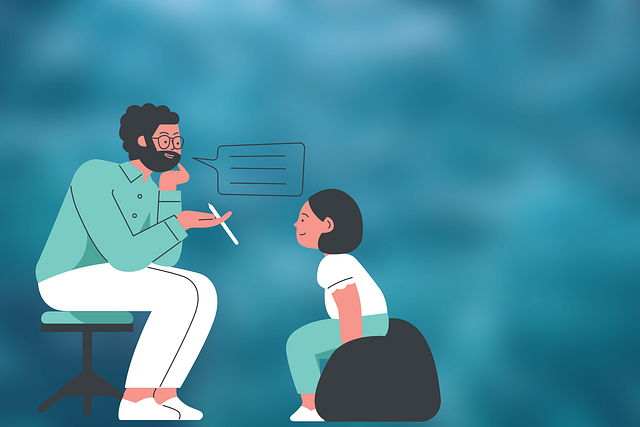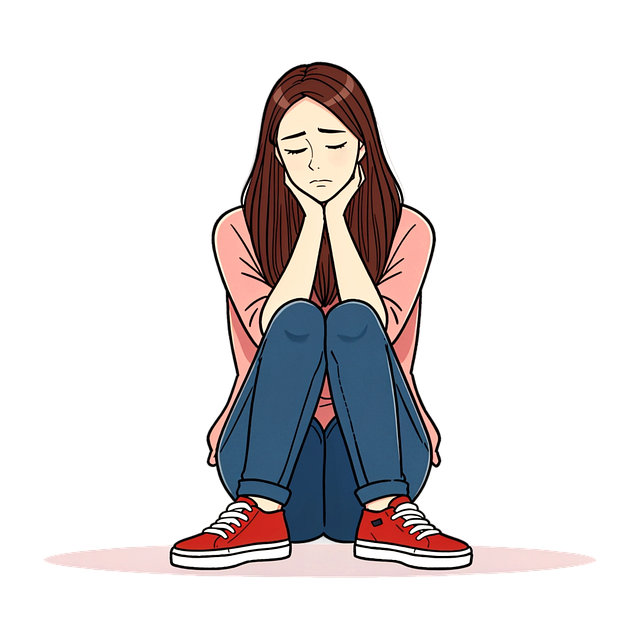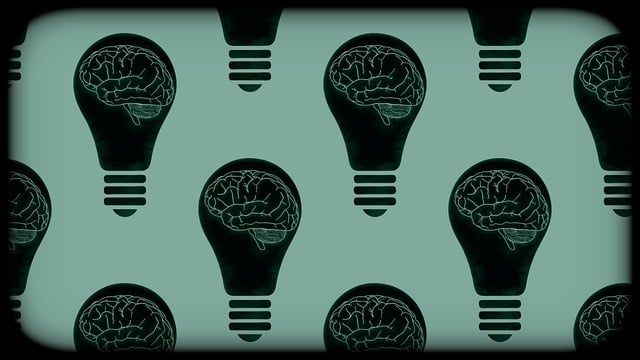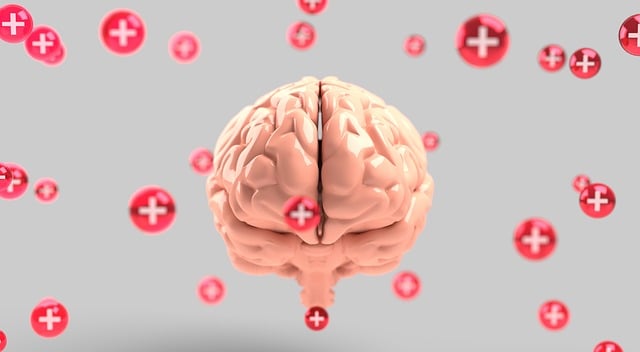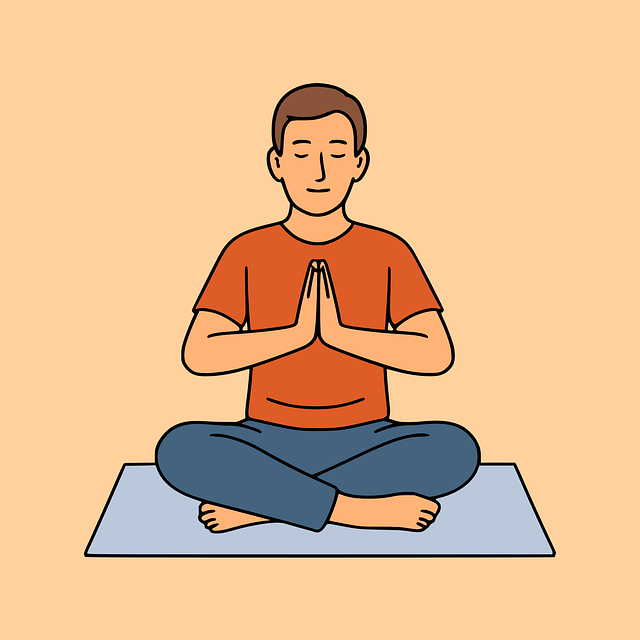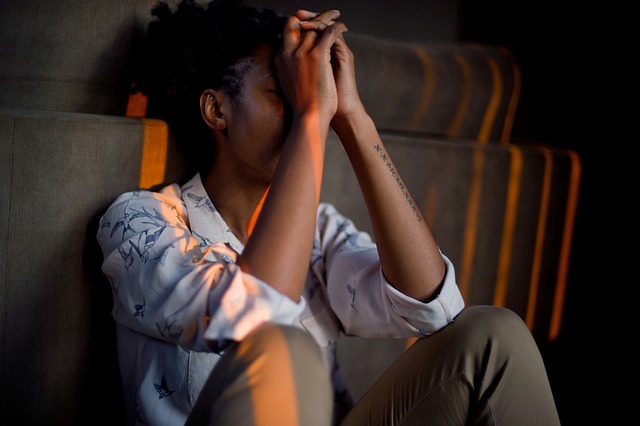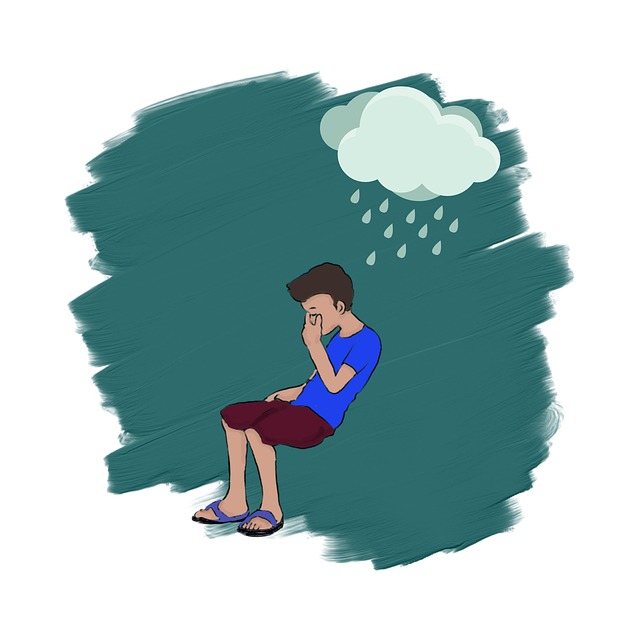Effective facilitation of mental wellness groups in the context of Littleton Sexual Dysfunction Therapy requires a nuanced approach. It involves creating a safe, supportive environment that encourages open communication and addresses individual differences. Through structured discussions, peer-led activities, active listening, and resilience-building exercises, facilitators enhance problem-solving skills and foster a sense of community. Setting clear boundaries, promoting empathy, incorporating self-care initiatives, and acknowledging diverse experiences are key to successful group facilitation, ultimately supporting healing and managing challenges associated with sexual dysfunction.
Mental wellness group facilitation plays a pivotal role in fostering recovery and support networks. This article explores key techniques for navigating complex dynamics within these groups, with a specific focus on sexual dysfunction therapy in Littleton. By understanding group behaviour and implementing effective communication strategies, facilitators can create safe spaces that encourage open dialogue and personal growth. We’ll delve into proven methods to foster inclusivity, ensuring every member feels valued, understood, and empowered towards their mental wellness journey.
- Understanding Mental Wellness Group Dynamics
- Effective Communication Strategies for Facilitators
- Techniques to Foster Safe and Supportive Environments
Understanding Mental Wellness Group Dynamics

Understanding Mental Wellness Group Dynamics is a cornerstone for effective facilitation. In a group setting, participants bring unique experiences and perspectives, creating a complex social fabric. As a facilitator, it’s crucial to navigate this tapestry, fostering an environment of trust and support where everyone feels heard. This involves recognizing individual differences, promoting active participation, and cultivating open communication, especially when addressing sensitive topics like sexual dysfunction (Littleton Sexual Dysfunction Therapy) or stress management.
Group dynamics play a pivotal role in enhancing resilience building within the cohort. By facilitating structured discussions and activities, facilitators can guide members through challenges, encouraging peer-to-peer learning and problem-solving strategies. This collective approach not only aids in managing mental health issues but also contributes to the development of comprehensive mental wellness coaching programs.
Effective Communication Strategies for Facilitators

Effective communication is a cornerstone for successful group facilitation, especially when addressing sensitive topics like sexual dysfunction. Facilitators in Littleton Sexual Dysfunction Therapy play a vital role in creating a safe and non-judgmental space where participants feel comfortable sharing their experiences. Active listening tops the list of essential skills; facilitators should give undivided attention to each member, paraphrasing and summarizing their thoughts to ensure understanding. This technique not only validates individuals’ feelings but also fosters open dialogue.
Incorporating interactive exercises like Mental Wellness Journaling Exercise Guidance can enhance communication. Encouraging self-reflection through journaling allows participants to articulate their thoughts and emotions, which can be shared during group discussions. Resilience Building is another key aspect; facilitators should guide conversations that promote coping mechanisms and adaptive strategies, ensuring members feel empowered to navigate challenges openly and honestly.
Techniques to Foster Safe and Supportive Environments

Creating a safe and supportive environment is a cornerstone of effective mental wellness group facilitation. This involves establishing clear boundaries, fostering open communication, and promoting active listening among participants. Techniques such as icebreakers, ground rules discussions, and anonymous sharing can help individuals feel comfortable expressing their thoughts and emotions. Facilitators should also encourage empathy and understanding by acknowledging diverse experiences and perspectives, including those related to cultural sensitivity in mental healthcare practice.
In addition to these practices, incorporating self-care initiatives within group sessions can significantly enhance the overall well-being of attendees. This could include activities like mindfulness exercises, breathing techniques, or even simple gestures like offering bottled water and quiet reflection spaces. By prioritizing both individual and collective mental wellness, facilitators create an enabling environment that not only supports healing but also empowers participants to navigate challenges more effectively, potentially alleviating issues such as Littleton sexual dysfunction therapy needs.
Mental wellness group facilitation is a powerful tool, as evidenced by successful practices like Littleton Sexual Dysfunction Therapy. By understanding group dynamics, employing effective communication strategies, and creating safe spaces, facilitators can revolutionize support systems. These techniques not only enhance overall mental wellness but also provide a supportive network for individuals to navigate their challenges. Through these methods, groups can become vibrant tapestry of shared experiences, fostering resilience and personal growth.
